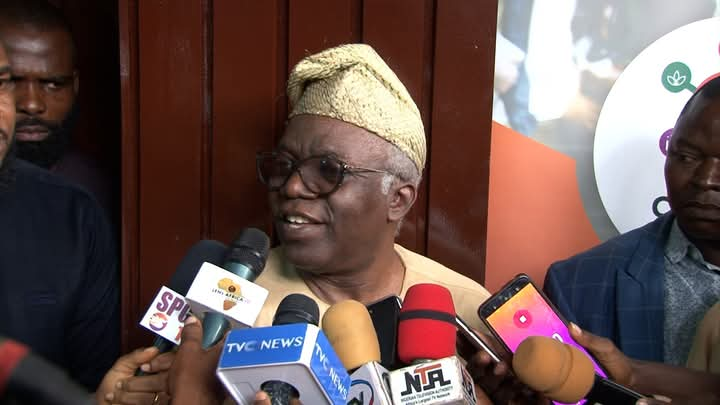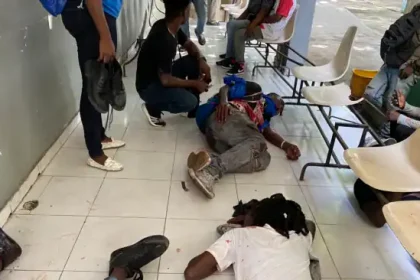
By Adeyemi Adekunle
Renowned human rights lawyer and Senior Advocate of Nigeria (SAN), Chief Femi Falana, has called on Nigerian youths to take proactive steps in reclaiming the nation from the older generation. Speaking at the sixth Annual Youth Leadership Conference, themed “Resilience, Innovation, Social Responsibility, and Entrepreneurship (RISE 2025),” held at the University of Lagos, Falana emphasized the critical role of the younger generation in shaping Nigeria’s future.
Addressing a gathering of students, young professionals, and activists, Falana lamented the current state of the nation, contrasting it with the aspirations held by his generation. He stated, “My generation had dreams, genuine dreams, about this country becoming one of the best in the world, because we have abundant human and natural resources that should make us a leading country in the world. But what has happened?”
Highlighting the disparities between past and present experiences, Falana noted, “We didn’t suffer what you are going through. We lived a life of dignity.” He urged the youth to challenge those in power, asserting that many current leaders belong to his generation and have contributed to the nation’s challenges.
Falana dismissed the notion that Nigeria is inherently poor, attributing the nation’s struggles to a “poverty of ideas.” He encouraged youths to seek inspiration from the works of great African musicians, suggesting that their messages can ignite a passion for justice and reform.
The conference, organized by the Emerging Leaders Foundation, served as a platform for young Nigerians to engage in discussions about leadership, innovation, and social responsibility.
Participants expressed appreciation for Falana’s candid insights and emphasized the importance of active youth participation in governance and societal development.
The human right lawyer challenges the youth to redefine their roles in society, stating, “They tell you you are leaders of tomorrow. You must be leaders of today first, so you must take back what is left.”
As Nigeria continues to navigate complex socio-political landscapes, voices like Falana’s underscore the urgency for generational collaboration and the empowerment of youths to drive meaningful change.



